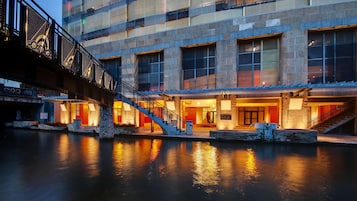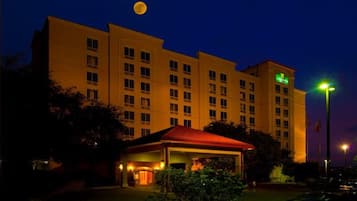The San Antonio Missions National Historical Park is the city’s main attraction and the only UNESCO World Heritage site in Texas. The park is centred along the snaking San Antonio River and protects 4 mission churches dating back to the 17th and 18th centuries. These structures and surrounding tracts of land are connected by the 12-mile Mission Trail driving route, which starts at Mission Espada and meanders north towards The Alamo in downtown San Antonio. While the Alamo is arguably the city's most famous mission, it's actually not part of the park.
History buffs will be entranced by the view into the city’s Spanish Catholic heritage through architecture, ornate frescoes, and restored buildings. However, the natural setting is just as dramatic so outdoor enthusiasts will revel in the well-maintained trails and vibrant wildlife. The San Antonio Missions National Historical Park is an educational and culture-rich attraction fit for the whole family, and best of all, it is completely free to visit.
San Antonio Missions National Historical Park - one of the highlights of 10 Best Free Things to Do in San Antonio and 10 Best Outdoor Adventures in San Antonio (Read all about San Antonio here)
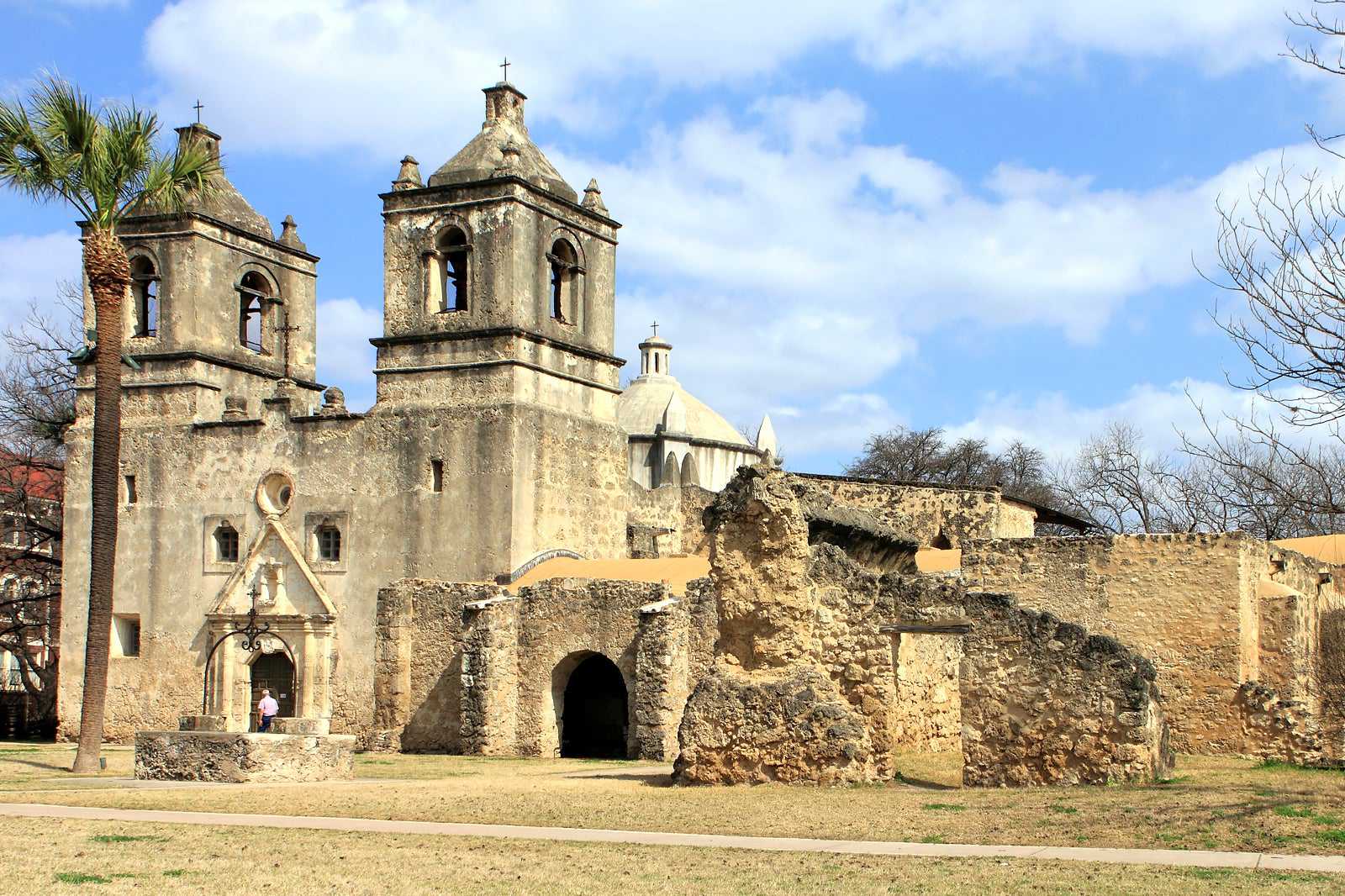
What are the highlights of the San Antonio Missions National Historical Park?
The 4 missions – or church compounds – Mission Concepcion, Jose, San Juan and Espada are the centrepieces of the entire park. Start your adventure off at the largest mission in San Antonio, Mission Jose, where the visitor centre is located. Being the most restored mission, it gives the best glimpse into what 18th-century Spanish Catholic life was really like.
Head south to Mission Espada, the oldest mission in Texas, to gaze at the unique brick-lined structures and a true working loom where you can witness live demonstrations. Looping north, Mission San Juan boasts the most beautiful grounds in the park where you can wander extensive orchards and gardens that enabled this to be a self-sustaining community. The final major highlight is Mission Concepcion, the oldest stone church in the US and home to original fresco paintings and stone architecture that stands the test of time.

A brief history of San Antonio Missions National Historical Park
The San Antonio Missions National Historical Park’s origins date back to 1693 when early Spanish settlers crossed the Rio Grande and founded the settlement at Mission Concepcion. These early pioneers not only sought new land but also spread the Catholic faith. Villages were built around a large church, while high protective walls were built to ward off attackers. This entire complex became known as a mission and several dozen were built around Texas, which became important supply route links.
About 300 years later, in 1975, 4 of these surviving missions and the surrounding areas became the San Antonio Missions National Historical Park to protect this unique aspect of American history. The missions continue to be restored and are managed by the National Park Service.
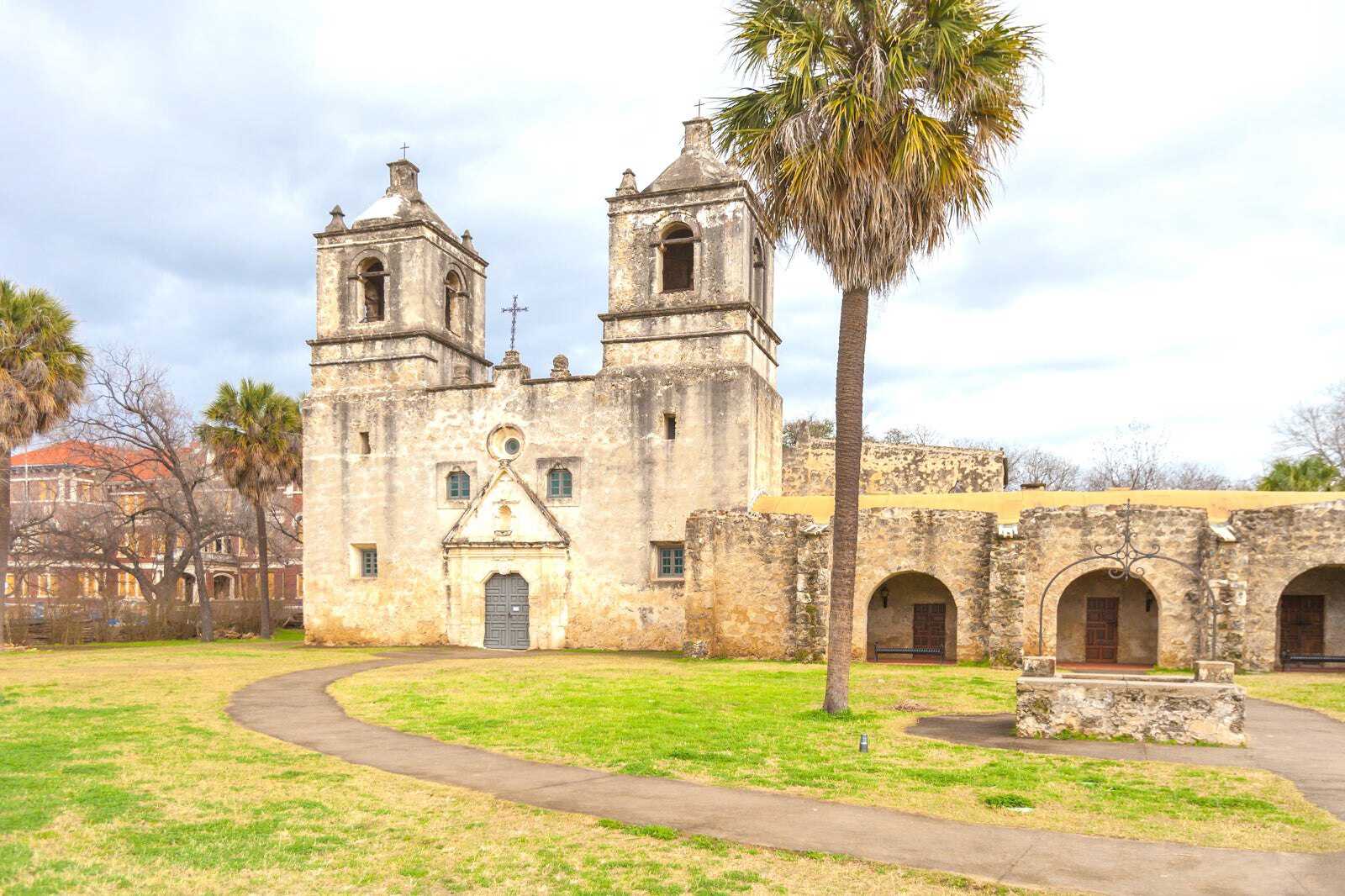
Good to know about the San Antonio Missions National Historical Park
The best way to explore the San Antonio Missions National Historical Park is by starting at Mission San Jose's visitor centre. There is ample parking available and numerous fast-casual restaurants right off Roosevelt Avenue. Make sure to talk to the knowledgeable rangers to get the lay of the complex, grab an audio tour, and maybe even rent a bike before heading out on the trail. The most common route is to head south, loop around Mission Espada, back up the River Walk Trail, and finish at The Alamo in downtown San Antonio.
End your education-filled day with dinner along the famed River Walk canal at hearty Tex-Mex joint Iron Cactus or local fine-dining favourite Bourdro’s on the Riverwalk. Head back to your car at the visitor centre by taking Bus Line 42 or the Alamo Trolley. You can also extend the night with a drink at Paramour at The Phipps.
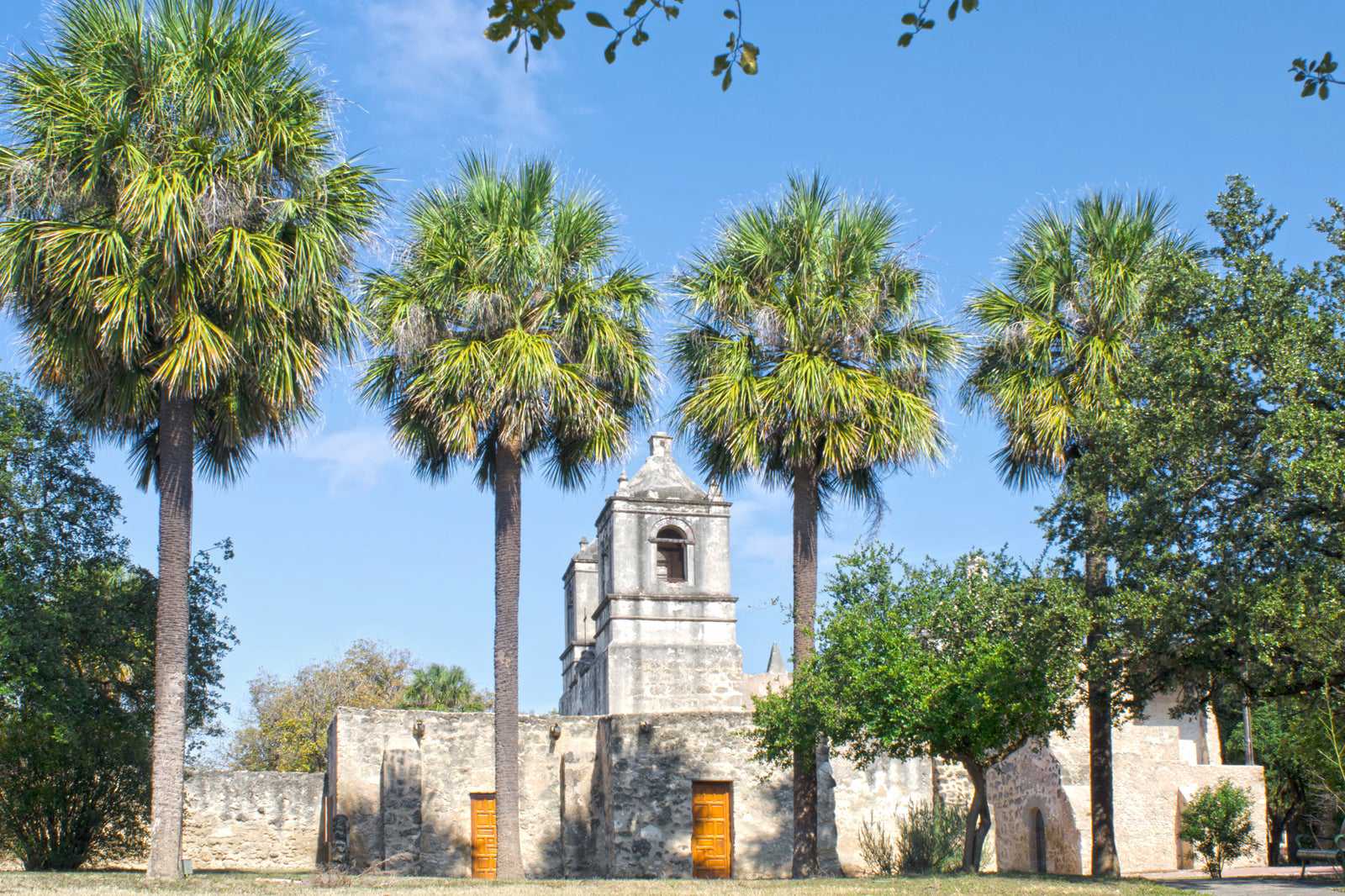
San Antonio Missions National Historical Park
Localização: 6701 San Jose Dr, San Antonio, TX 78214, USA
Abre: Daily from 9 am to 5 pm
Telefone: +1 210-534-8875




